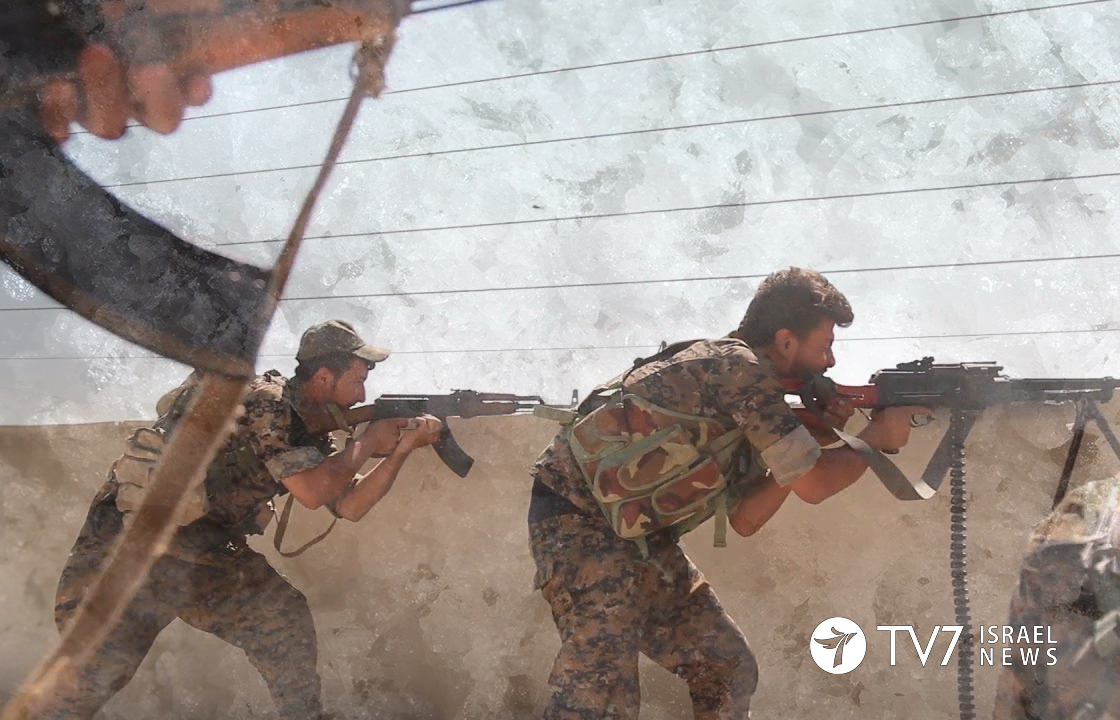The US-backed Syrian Democratic Forces alliance are making slow progress in their campaign to retake the de-facto capital of the Islamic State in Syria, the city of Raqqa. A field commander of Christian Assyrian Military Council, which is part of the SDF alliance, said that the reason behind the slow advance is the growing use by Islamic State militants of civilians as human shields, sending them into the war-stricken districts of the embattled city. “We have many problems. We have like mines, tunnels, you know, snipers and the main thing they are using the civilians here against us, they are using the civilians against us so we are moving slowly and very carefully to led civilians in safe (sic) to don’t (sic) kill any civilians,” commander Matay Hanna said.
One of the refugees, a Christian Armenian who fled the city with his family, said they managed to leave as a group, walking toward the US-backed forces who received and assisted them immediately. “We left yesterday at 2:30. We spent the night with a group of people. We left as a group at between 2:30 and 3:00 walking towards Syrian Democratic Forces. We got tired as we have bags and other items and my brother was sick and we had to make him walk. We reached to the men who gave us a good reception and later they took us to the center and things got better and then they took us here,” Garbis Gomachian said. When asked about the living conditions in the Islamic State controlled city, Barbis said it deteriorated rapidly since the battle of Raqqa started, with no food or water available for the civilians living in the city. “Living conditions were not bad but recently there was no water, no food, no meat, no vegetables. There was nothing,” Garbis noted.
About 2,000 Islamic State fighters are estimated to remain in the Syrian city of Raqqa, fighting for their survival in the face significant losses across the territory they once controlled. Another angel to the battle is both the reluctance of the extreme Muslim militants to surrender, as well as the declared intention of all the groups fighting the Islamic State to exterminate any Islamic State militant who is infected by the radical ideology.
